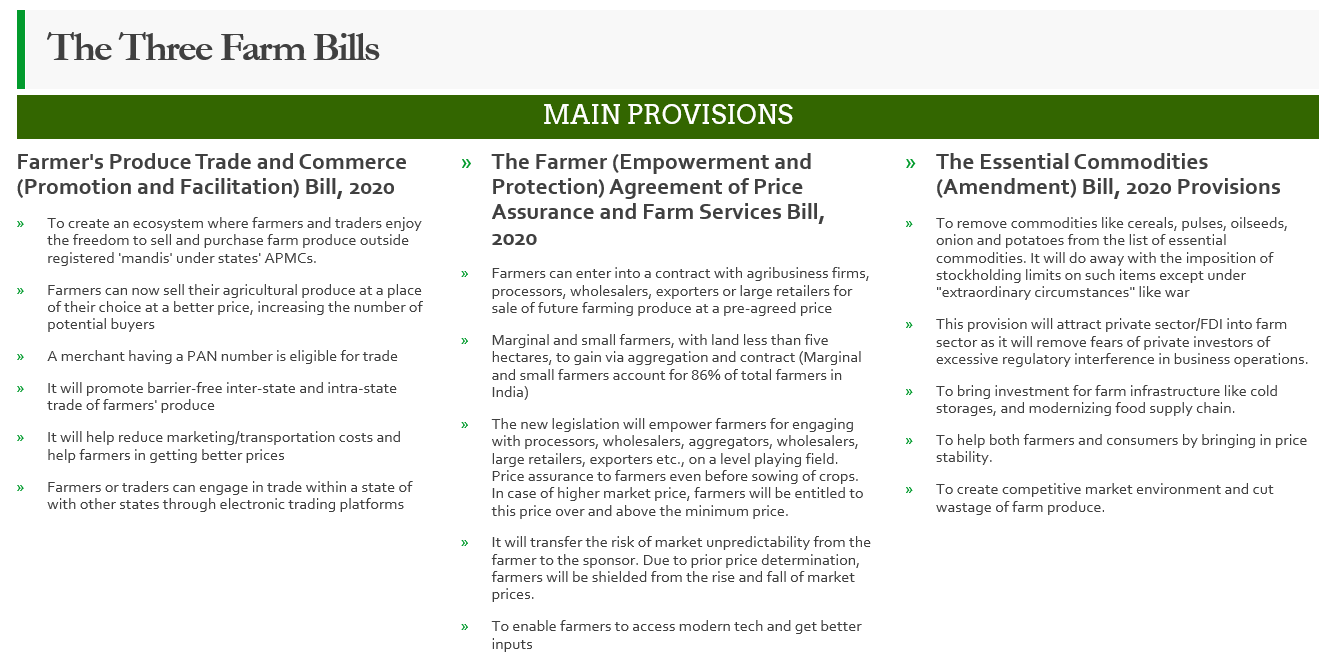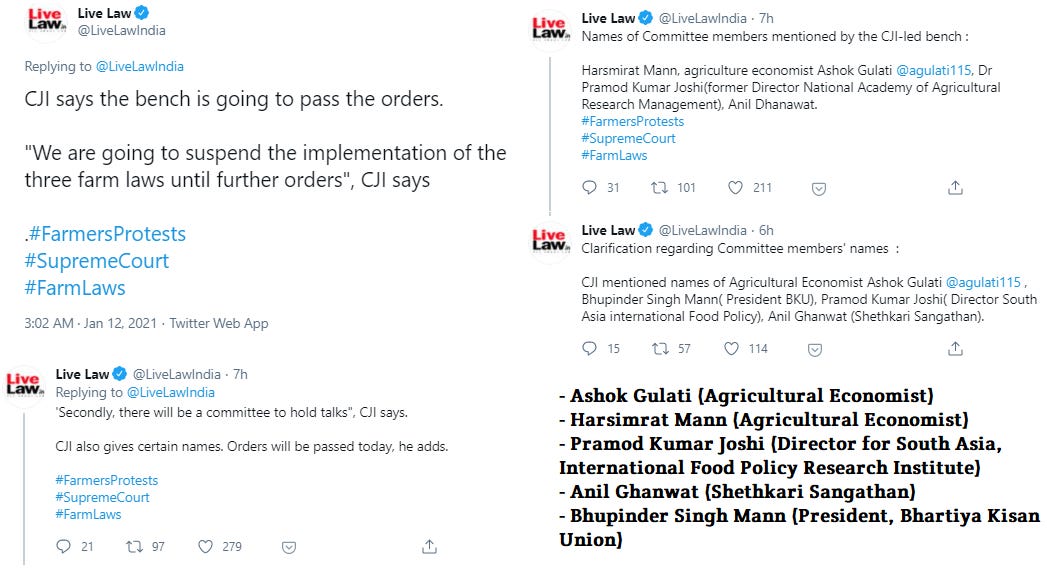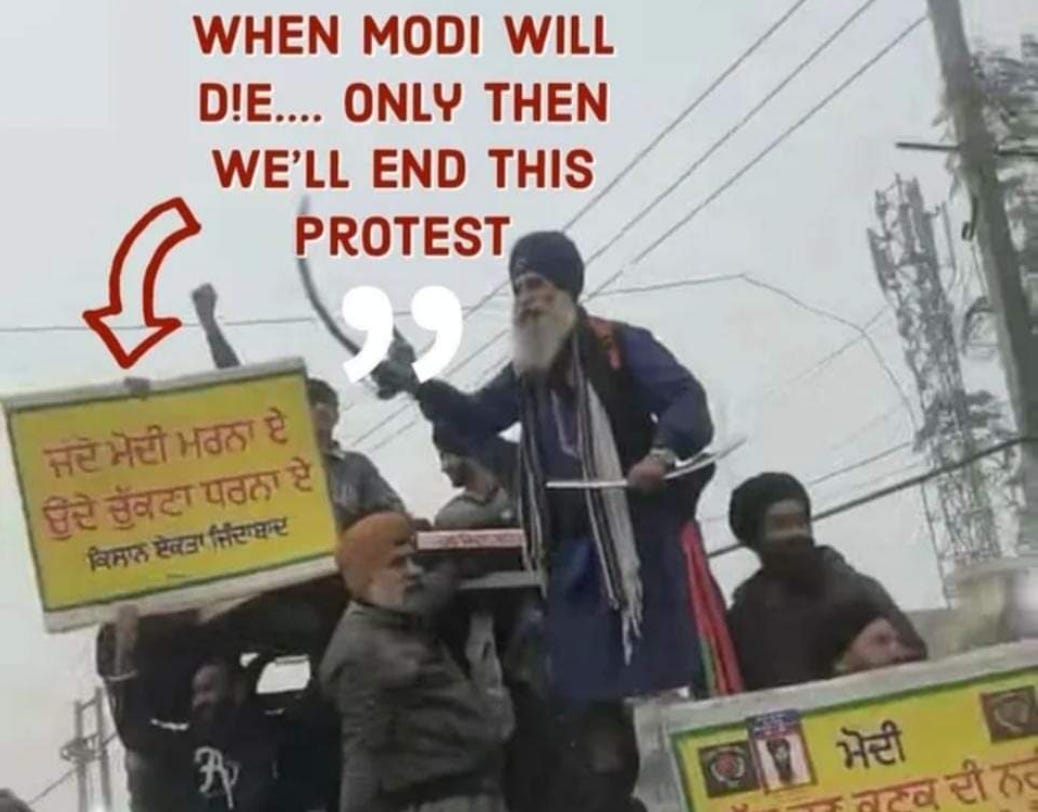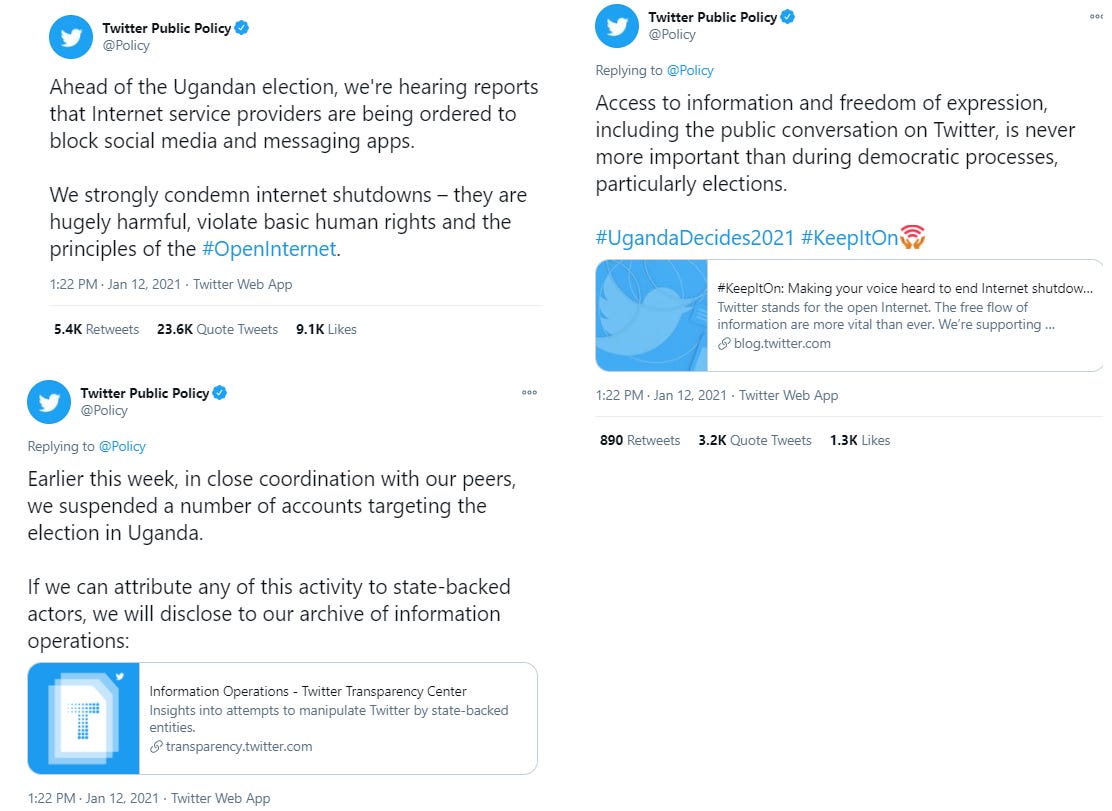Insightful newsletter of Drishtikone: Issue #222 - Imperium in imperio
Judicial Activism does not mean encroachment upon the lawful powers of the executive and legislature. Judiciary cannot be an Empire within an Empire. Still, in these times, we need creative solutions.
Image by S. Hermann & F. Richter from Pixabay
“The centre of me is always and eternally in terrible pain ... A searching for something beyond what the world contains, something transfiguring and infinite.”― Bertrand Russell
As a consultant of a Big Four consulting firm, the writer once witnessed how the conclusions we shared in terms of the go-forward strategy were no different from what the company’s existing management was contemplating anyhow.
So why us?
Why did you need us to say what you could have done yourself without the expense?
Sometimes when two groups get engaged in ideological battles, even when one of the groups is doing the right thing, its very word becomes a political lightning rod.
When the cost of not going through with certain decisions, even in the face of obviously egregious and malafide opposition, is huge and even catastrophic for the organization, the management in order to not ‘rock the boat’ while ‘doing the right thing’, routes the decision via a 3rd party to obviate the showdown and implosion.
The malafides can be dealt with later and in a quieter way without creating an internecine bloodshed.
The current situation with the Farm Bills and intervention by the Indian Supreme Court is akin to that. The anarchists are full of hatred, funded by foreign powers and terror-backers. To push something over them or to use power to throw them out, as the nation’s enemies have armies ready to hit at the slightest sign of weakness, would be an act of collective mass-suicide.
Supreme Court has an unprecedented responsibility - it needs to maintain the sanctity of India’s democratic set-up and yet create the mechanism to deliver what is needed for the country.
Judicial Activism, Revisionism and Extraordinary situation
On September 27, 2020, the President of India, Shri Ram Nath Kovind gave his assent to three bills created for bringing major reforms in Indian agriculture. The Parliament passed them earlier that month (Lok Sabha on 17 September 2020 and by the Rajya Sabha on 20 September 2020).
The three bills are:
Farmer's Produce Trade and Commerce(Promotion and Facilitation) Bill, 2020
The Farmer (Empowerment and Protection) Agreement of Price Assurance and Farm Services Bill, 2020
The Essential Commodities (Amendment) Bill, 2020
The opposition parties along with the middlemen, who were to lose their stranglehold on the farmers (often poor and small income), joined together with questionable elements - including Khalistani terror-sympathizers to create a blockade of Delhi.
These are the main provisions of the three farm bills.
On September 24, the farmers in Punjab began a three-day ‘rail roko’ agitation and on November 25, the farmers’ unions in Punjab and Haryana gave a call for ‘Delhi Chalo’ and they were allowed to enter Delhi on November 27.
Ultimately, the Supreme Court admitted a plea submitted by Panjab University students as an open letter addressed to Chief Justice of India S.A. Bobde on December 2, 2020
Yesterday, Supreme Court's three-judge bench comprising Chief Justice S A Bobde, Justice A S Bopanna, and Justice V Ramasubramanian put the three Farm laws on hold and directed that a committee be formed to take over negotiations to end the crisis.
What was initially seen as a victory by the anti-Modi, and Khalistani terrorists supporting gangs, suddenly became an issue when these actors saw the names of the committee members.
Their concerns were akin to those that may be shared by Flat-World fanatics if the US Supreme Court were to put top Space and Physics experts in a committee to decide if the world was round or flat; because it didn’t have their favorite pastor who still believed that the world was flat!!
The main argument being - there isn’t enough balance between experts and quacks to decide on the fate of planet’s disposition!
Just because someone has funded and created a violent and loud enough noise does not make him an expert in that area. Yogendra Yadav, for example, the ever-enthusiastic Modi-hater has changed his areas of expertise from psephology to sociology to law to Kashmir and now to agriculture at will.
If you give him some time he may end up challenging Virat Kohli on the right way to play a cover drive if Modi was to ever pass a law on cricket!
That is how versatile Yogendra Yadav’s imbecility is.
The so-called farmers’ unions - invaded as they are with the middlemen - have already rejected the committees proposed by the Supreme Court.
Farmer union leaders on Tuesday said said that they won’t accept any Committee for the resolution, and all they want is repeal of all three laws. They said they won’t get into discussion with members of the Committee as their fight is about complete rollback of the laws, not some changes. Earlier, the Congress questioned the selection of members to be part of the Committee proposed by the Supreme Court. Addressing a press conference, Randeep Singh Surejewala said that all four members who have been named as members of the Committee have publicly taken a position that these three laws will benefit the farmers. (Source)
The whole drama and the ramifications have been very well explained in this video by Sab Lok Tantra.
The entire discussion from both sides has been centered on the concept of Judicial Activism or rather over-reach.
This idea of Judicial Activism and Judicial restraint Arthur Schlesinger in an article in Fortune Magazine.
Arthur Schlesinger Jr. introduced the term "judicial activism" to the public in a Fortune magazine article in January 1947. Schlesinger's article profiled all nine Supreme Court justices on the Court at that time and explained the alliances and divisions among them. The article characterized Justices Black, Douglas, Murphy, and Rutlege as the "Judicial Activists" and Justices Frankfurter, Jackson, and Burton as the "Champions of Self Restraint." Justice Reed and Chief Justice Vinson comprised a middle group. . . . Schlesinger's Judicial Activists believe that law and politics are inseparable. They see judicial decisions as "result-oriented," because no result is foreordained. They adopt the famous Learned Hand dictum that "the words a judge must construe are 'empty vessels into which he can pour nearly anything he will.' " From this perspective, the Frankfurter-Jackson ideal of judicial restraint begins to look like abdication of responsibility; "deference" to the legal status quo becomes a decision to favor the interests positioned to benefit from that status quo. According to the Judicial Activists, Schlesinger writes, "The Court cannot escape politics: therefore, let it use its political power for wholesome social purposes." Judicial self-restraint is "at best a mirage." "While he sympathizes with the Black-Douglas wing of the Court," Kmiec writes, Schlesinger in 1947 came down on the side of judicial restraint except in civil liberties cases, defined as those involving "fundamental rights of political agitation." (Source)
In India, the power that allows the courts to exercise “Judicial Activism” comes from Articles 32 (Supreme Court) and 226 (High Court) in the Constitution of India. In fact, the Indian Supreme Court has pronounced that Judicial Review is a fundamental feature of the constitution. Therefore, it is not subject to amendment and the judiciary has effectively declared a “hands-off ” directive to the legislature. (Source)
But does Judiciary have a greater role in a democracy? Is it bigger or more than an equal in the trio of Executive, Legislature and Judiciary?
For this, there is a landmark judgment where the Supreme Court cleared it up.
In the case of P.Ramachandra Rao Versus the State of Karnataka in 2002, the apex court observed that “ The Supreme Court does not consider itself to be an imperium in imperio (an empire into an empire) or would function as a despotic branch of the State. Former Chief Justice of India Dr.A.S.Anand held that “In saying that the judiciary is the guardian of the Constitution, it is not implied that the legislature and the executive are not equally to guard the Constitution. For the progress of the nation, however, it is imperative that all of the three wings of the State function in complete harmony”. (Source)
Sure, Supreme Court is not an empire within an empire and cannot be larger than the other pillars of our democracy. But where does their limits of action end? If any state has to have a responsible and useful executive, legislature and judiciary, it cannot have one take the role of the other and pretend as if it was just following the norms.
In State of Kerala v A Lakshmi Kutty the honorable Supreme Court discussed this.
The respective powers of the three wings of the State are well-defined with the object that each wing must function within the field earmarked for it. The objects of such demarcation is to exclude the possibility of encroachment on the field earmarked for the wing by the other or theirs. As long as each wing of the State functions within the field carved out and shows due deference for the other two branches, there would arise no difficulty in the working of the Constitution. But, when one wing of the State tries to encroach on the field reserved for the other, special responsibility devolves upon the Judges to avoid an overactivist approach and to ensure that they do not trespass within the spheres earmarked for the other two branches of the State. Therefore, the High Court could not intervene at a stage where the Council of Ministers had reviewed the situation and decided to reject the panel sent by the High Court and not to appoint any of the five advocates to be District Judges except by issuing a writ in the nature of mandamus requiring the State Government to refer back the matter to the High Court for reconsideration. (Source)
Once one wing of the state’s democracy has decided something that is within its right - Council of Ministers and/or the Parliament - then the Judiciary should not be second-guessing that decision or action. It is not justice. It should be construed as encroachment of powers.
In the case of the Farm Bills 2020, all the relevant powers of Indian democracy - the Council of Ministers, the Parliament, and highest authority, the President of India - have given their decision. Judiciary should ideally not be intervening in the execution of the laws.
Judiciary cannot enter the fields that have been clearly earmarked by the founding fathers of Indian democracy for legislature and the executive.
Unfortunately, sometimes it does happen that personal opinions and views of some of the judges, while interpreting the Constitution end up rewriting the nuances of the Constitutional provisions themselves.
That is a clear encroachment.
And for this we again go back to the previous Honorable Supreme Court of India’s judgment in P.Ramachandra Rao Versus the State of Karnataka
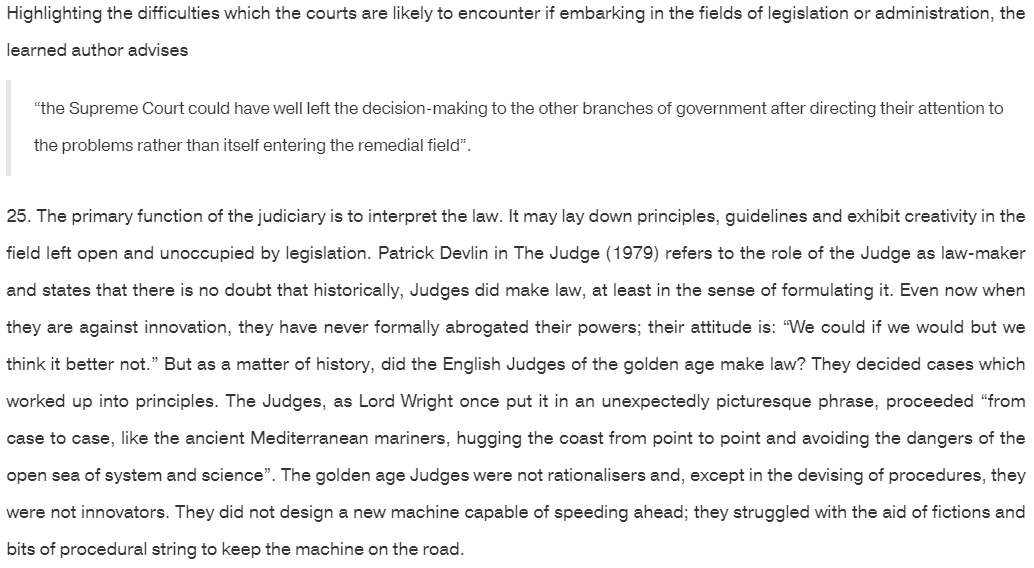
That is why, what Supreme Court is doing is fraught with a lot of consequences for the future. Just as in the case of Rafale, it will want to stay away from trying to redo what has been done lawfully by at least three other Constitutional authorities of Indian polity - Council of Ministers, the Parliament and the President.
However, the situation is unprecedented and carries a lot of danger. Any wrong move. Any use of excess power on a brain-washed hate-filled crowd with political backup, foreign funding, intervening intention of foreign governments and law-makers for sucking up to their terror-backing funders (Justin Trudeau and in Britain) could create a civil war like situation and play into the hands of Pakistan directly.
As undesirable as the Supreme Court’s current activism may seem like, this will be the most permanent way to stamp out the anarchists who are hell-bent on destabilizing India - as China and Pakistan look for opportunities as they focus on India’s borders.
sovereignty vs corporate colonialism vs global order
United Nations with proper representation, rules, statutes and order was set up after the Second World War to bring balance in the world. It also had the mandate to impact the human rights, rule of law and world order.
UN was not beyond the sovereignty of nations’ governing systems but could play a role in pushing things.
We are now seeing very disturbing signs of Technology corporations taking on powers that are way too much without proper rules and order and are starting to dictate terms to sovereign nation states. This one set of tweets should be a wake up call. Just this one thread should shake governments and people up. (Source)
market corner: 10 quick bytes
Flipkart’s accelerator program picks these 8 startups to offer money, mentorship, partnership support - more
Australia's competition regulator has warned that planned laws to make the country the first in the world to force Google and Facebook to pay for news content were likely just the start of more regulation for digital platforms - more
Online retailers see fewer product returns (fall by half) - triggered by online shoppers making more informed decisions compared to impulse buying earlier, which was driven by flash sales - more
BFSI, IT/Telecom, and retail posted maximum talent demand in Dec 2020: RecruiteX - more
RBI's Financial Stability Report: Gross Non-Performing Assets (GNPA) ratio may spike to 14.8% by September in case of severe stress - more
India's Pharma Export Increased Significantly In First Half Of FY20-21 - more
Flipkart’s accelerator program picks these 8 startups to offer money, mentorship, partnership support - more
Defense services, organizations purchase from MSMEs on GeM up 72% - more
Affordable housing projects continue to be the dominant segment in the market as 87% of the new launches in the NCR region were concentrated in the less than Rs 45-lakh price bracket during the last quarter - more
Global PC Shipments Saw Highest Annual Growth in a Decade; Lenovo Emerges as Biggest Contributor - more
nota bene
Air Chief checks Ladakh: Air Chief Marshal RKS Bhadauria on Monday visited air force stations and advanced landing grounds in the Ladakh region. The IAF chief was briefed on the operational readiness of the air force in the Ladakh theatre in the current border row with China to deal with any contingencies. He also communicated at the locations with IAF staff deployed. The air chief also joined General Bipin Rawat, the Chief of Defense Staff, for a detailed operational discussion with senior IAF and Indian Army commanders at Leh Air Force Base. (Source)
Unions instructed their lawyer to skip SC Hearings: In a massive revelation, farmer unions' Lawyer HS Phoolka on Tuesday revealed that he was asked by the unions to skip the Supreme Court hearing scheduled today. Taking to Twitter, the advocate revealed that he did not appear for the order of the top court on the Farm Laws 'under instructions of his client' adding that the 'client' decided which lawyer would appear for the hearings. (Source)
AIMIM Bengal Chief joins TMC: In a severe setback to Asaduddin Owaisi's Bengal plans, West Bengal's acting AIMIM Chief SK Abdul Kalam on Saturday joined Trinamool Congress along with his supporters. (Source)
Bug Apocalypse: World’s top bug experts believe that the insect kingdom, which is intrinsic to the functioning of our ecosystems is quickly dying. Referring to what’s happening as “death by a thousand cuts”, bug experts blamed the dwindling populations on climate change, herbicides, invasive species, insecticides, alongwith changes in how we use land. Owing to such changes, Earth is losing 1 to 2 percent of insects every year! (Source)
FBI warns of Huge Uprising: Invoking 25th Amendment ‘could cause huge uprising’ and ‘armed protests before inauguration: FBI’. A bulletin, obtained by ABC, apparently confirming that the law enforcement agency has received reports of an armed group planning to travel to DC on January 16. (Source)
Cryptocurrency Sell-off: Bitcoin and other digital coins tanked on Monday, wiping some $150 billion off the cryptocurrency market. Bitcoin, the largest cryptocurrency, fell over 10% from a day earlier to $34,200, according to Coin Metrics data. It earlier sank to an intraday low of $30,863. Ether, the second-largest cryptocurrency, was down 15% to $1,060. It briefly tumbled below $1,000, hitting an intraday low of $945. (Source)
video corner: hidden threats
We think the Coronavirus pandemic is the worst that man-kind has seen in modern times. And, in a way, it is. But with thousands of labs around the world creating, testing and perfecting even more deadly and transmissable pathogens, one mistake could lead to unthinkable disasters. As difficult as it may be, let us check out the dangers that could happen.
Today’s ONLINE PAPER: Check out today’s “The Drishtikone Daily” edition. - THE DRISHTIKONE DAILY
TOOLS WE USE (our secret recipe): Here are some tools we use to streamline our work and do things in a lean and agile manner.
Evernote: One-stop shop for all note-taking and content clipping - this tool has notes, articles (~10,000) saved since 2005 which go into our research (have used their premium plan - very powerful!) // Fiverr: Get everything done by professionals for much less money. The most important marketplace for great talent! // Grammarly: your personal grammar checking tool (indispensable for writers)// Ferns n Petals: Send cakes, flowers, gifts, rakhis in India (tried and tested for 5 years!) // Sling TV: throw out the expensive cable and dish TV and get the same channels for less // Bluehost (US): Cheap and powerful website hosting (start a site for just $3.95/month - for India use this link -> Bluehost-India to start a site for $199/month) // Headliner App: Create amazing videos from the podcast/audio files with FB/Twitter integration (get 2 weeks free) - we use it for our podcasts
[These are referral links - which may provide us with some consideration at no cost to the user]
SUPPORT DRISHTIKONE: If you consider our work important and enriching and would like to contribute to our expenses, please click on the button below to go to the page to send in your contribution. You can select the currency (for example, INR or USD, etc) and the amount you would like to contribute. Contribute to Drishtikone
If you like this post - please share it with someone who will appreciate the information shared in this edition
If you like our newsletter, please share it with your friends and family





